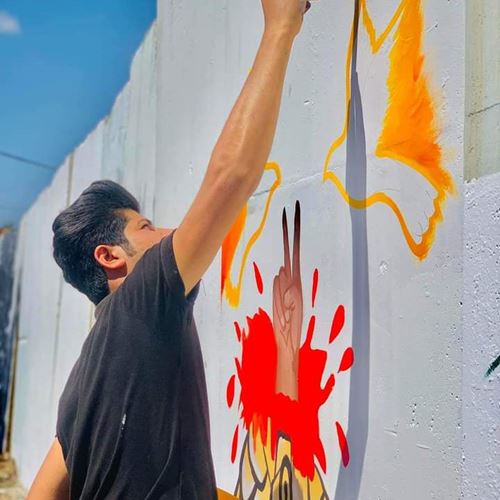Fredrik
Pålsson
Country Director
In Iraq, more than 2.5 million people need humanitarian assistance and 1.2 million Iraqis remain internally displaced. Alongside meeting residual humanitarian needs resulting from the conflict with the so-called Islamic State (IS), DRC is also supporting communities’ broader recovery efforts while maintaining capacity to address new needs, including due to (re-)displacement, water scarcity and climate change.

Source: | DRC Foresight
EDPs: Refugees under UNHCR’s mandate
IDPs: Internally displaced persons
Asylum seekers: People whose claims for refugee status have not yet been determined
Stateless: People not considered as nationals by any State
HST: People living in Host Communities
OIP: Others in need of International Protection
OOC: Others of Concern
DRC forecasts are based on a machine learning tool that has been developed to predict forced displacement (IDPs, refugees and asylum seekers) at the national level 1-3 years into the future.
In 2003, shortly after the start of foreign military operations in Iraq, DRC became one of the first organisations on the ground providing humanitarian assistance in the country.
Today, DRC continues to provide humanitarian assistance to the most vulnerable displacement-affected families, including IDPs, returnees and host communities.
As needs have shifted over the course of Iraq’s recovery, DRC has also progressively adapted the scope of its response, moving beyond large-scale, emergency programming in camps in favor of more specialized early recovery activities, while maintaining capacity to address sudden-onset crises.
DRC works to support the safety, dignity, and resilience of conflict- and displacement affected people in Iraq by providing for critical basic needs as well as developing sustainable long-term solutions for individuals and communities.
To meet these goals, DRC works to support IDPs, returnees and host communities across 7 governorates, with programming focused on economic recovery; protection; shelter, settlements and water, sanitation and hygiene (WASH); camp coordination and camp management (CCCM); and humanitarian disarmament and peacebuilding (HDP).
DRC also works to support the economic inclusion of Syrian refugees in the Kurdistan Region of Iraq, where the vast majority of these families reside.
Fredrik
Pålsson
Country Director